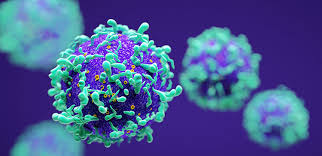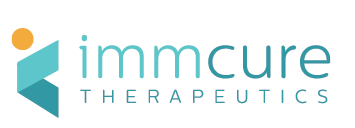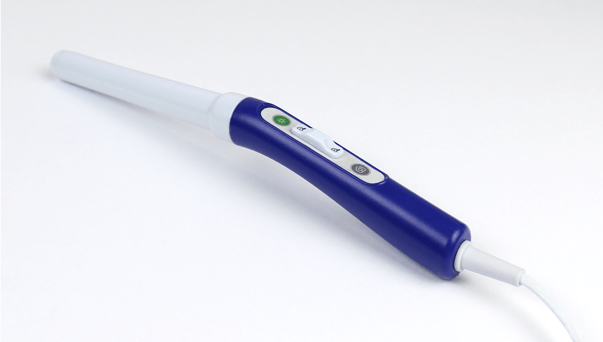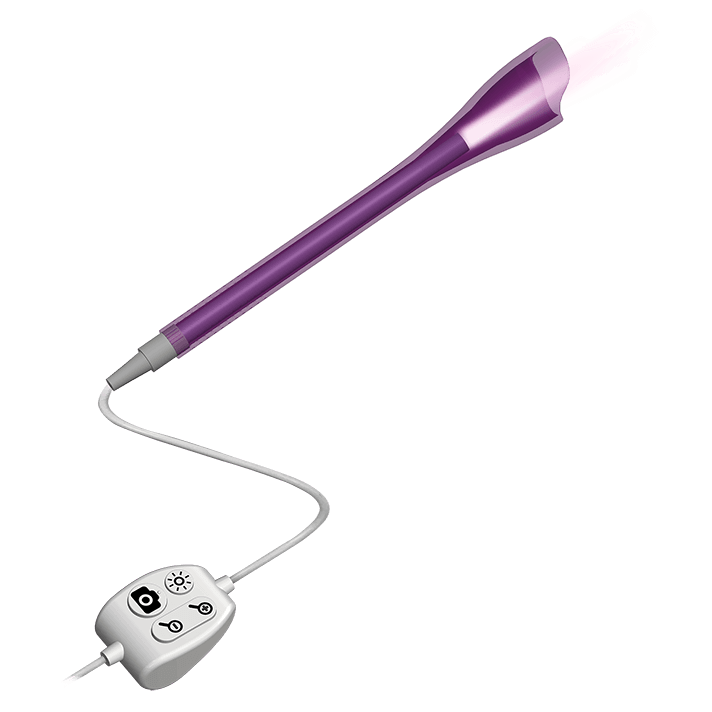DUKE INVENTOR: Xiling Shen, David Hsu
xilis.net
Cancer is the second leading cause of death in the U.S and metastatic disease remains predominantly incurable. New cancer cases and healthcare costs continue to increase year-over-year. Precision medicine aims to select the most effective treatments for patients, but existing approaches only benefit a minority of patients.

Xilis is developing next generation micro-organosphere technology for precision cancer therapy. The XilisμO platform enables rapid diagnostics, personalized drug screening, and scalable patient-derived models for high-throughput drug discovery.



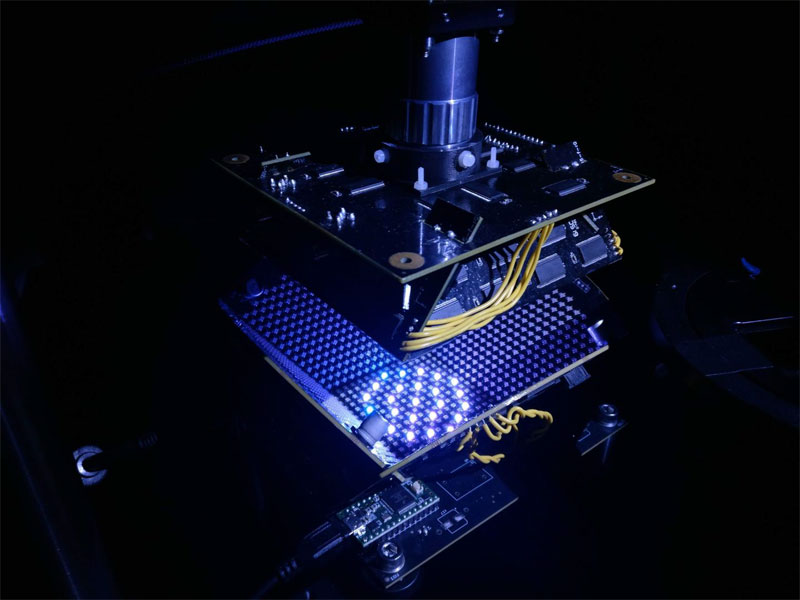




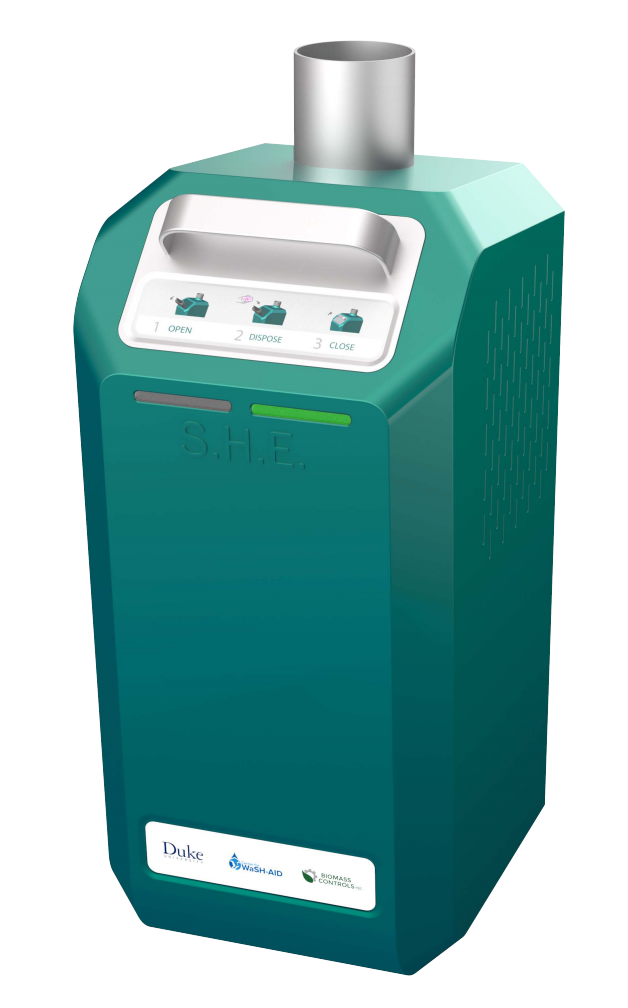

 Dr. Ngaboyamahina is the Founder and Managing Director of Simbuka. He’s also a Research Scientist at the
Dr. Ngaboyamahina is the Founder and Managing Director of Simbuka. He’s also a Research Scientist at the 